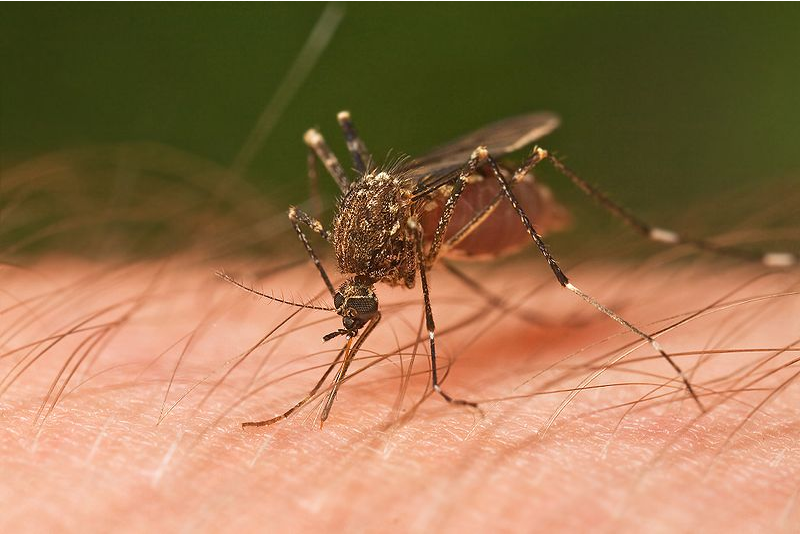Eleven Brooklyn Zip Codes To Be Sprayed For Zika And West Nile Viruses Tonight


[This story was updated to include zipcode 11226 at 8:15pm on 9/21/16.]
Assuming pesticide-permitting weather, the NYC Department of Health and Mental Hygiene (DOHMH) will be spraying key mosquito breeding locations in a variety of residential Brooklyn zip codes beginning tonight, from 10pm till 6am.
The intent is to reduce the number of mosquitos and subsequently the risk of the Zika and West Nile viruses.
The City confirmed last week that a Brooklyn man has been diagnosed with the year’s first human case of West Nile virus. The man, who has developed encephalitis (inflammation of the brain), had underlying medical conditions and was over the age of 40, the City said.
Adulticide — a term used to describe an array of pesticides — will be sprayed from a truck in portions of 11 different zip codes: 11203 (East Flatbush); 11210 (Foster Avenue to Kings Highway, east of Ocean Avenue); 11212 (Brownsville); 11213 (Crown Heights); 11225 (Prospect Lefferts Gardens); 11226 (Flatbush); 11229 (Sheepshead Bay); 11233 (Bed-Stuy/Crown Heights); 11234 (Marine Park/Bergen Beach/Mill Basin); 11235 (Brighton Beach/Manhattan Beach); and 11236 (Canarsie).
Together, these zipcodes encompass much of Flatbush and southern Brooklyn, including parts of Gravesend and most of Manhattan Beach, Sheepshead Bay and Brighton Beach.
The Department of Health recommends the following precautions to residents of areas that are scheduled for spraying:
- People with respiratory conditions should stay inside during spraying and for at least 30 minutes after spraying.
- Air conditioners may remain on with the vent set to the closed position, or the re-circulate function selected.
- Bring outdoor furniture, equipment, and laundry inside.
- Keep all pets inside.
- Wash skin and clothing exposed to pesticides with soap and water.
“Residents are not expected to experience adverse reactions to mosquito spray. Some people who are sensitive to pesticides may experience temporary effects, such as skin, eye, and mucous membrane irritation, as well as the worsening of conditions, such as asthma and other respiratory illnesses, if directly exposed to spraying.”
Check here to see where the City has sprayed this year.
Sarah Crean contributed reporting.




